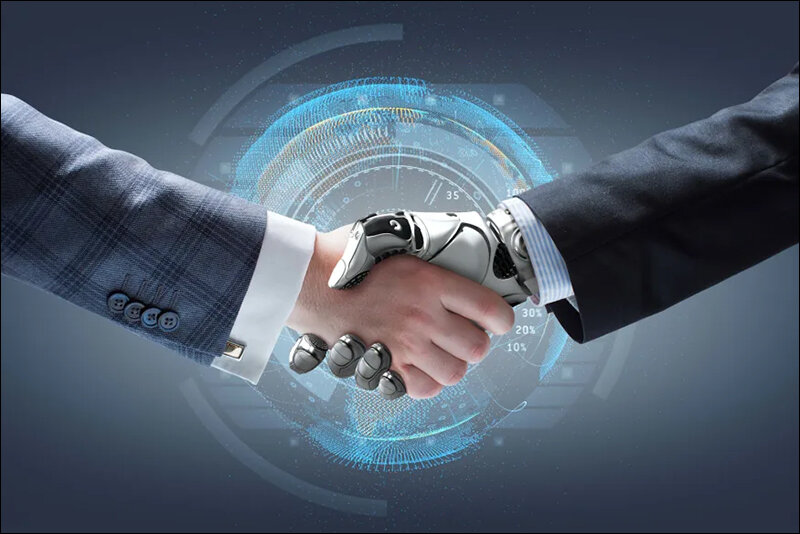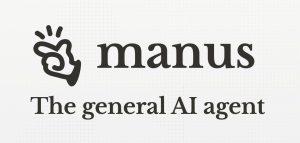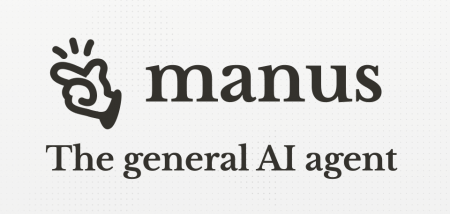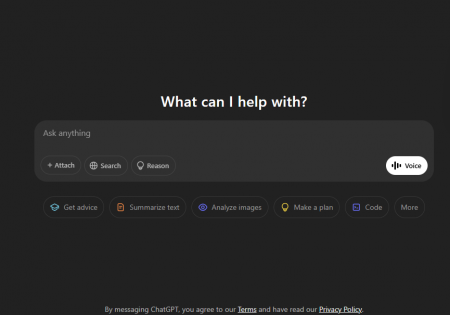Artificial Intelligence may have come a long way but many Indian businesses still resist it writes Satyen K. Bordoloi explaining why they should go the other way
25 years ago – On Jan 1, 1998, companies in India were just beginning to use computers. The Internet had been available for just under two and a half years. Yet, forget the internet, most companies resisted computers. What’s the use, they asked, business has been happening without PCs just fine. They held out till they were forced to realise the obvious: using computers and the internet was not a choice, but a matter of survival.
Businesses in India are at a similar inflexion point with regard to Artificial Intelligence. Their query is Hamletian: to use or not to use AI that is the question. That is the wrong question. The right question would be: how can I use AI to improve my life and how can I profit from it to grow my business exponentially?
The rise and rise of AI

In 1997, the Deep Blue supercomputer defeated grandmaster Garry Kasparov in chess. It was a landmark event as Deep Blue was one of the most advanced systems on the planet, made up of 480 chips that had 1.5 million transistors each totalling 720 million transistors. Today their mobiles can defeat Magnus Carlsen or Vishwanathan Anand every time. Why? Because the latest Apple iPhone 14 with the A16 Bionic chip has 16 billion transistors. Thus, you carry in your pocket today, over 20 times the computing power of a supercomputer 25 years ago.
With the rise of computing power, its ability to do different things grew. The principles of AI were theorised alongside that of computers in the 1950s but its growth was severely limited by hardware limitations. After going through a number of AI winters and summers depending on the funding available for research, the Deep Blue win created enough buzz. With chip technology improving exponentially in the 2000s, it created enough computing power for the principles of AI to be tested. However, it would not be until 2011-2012 that scientists would find a new way to assemble neural networks and a new age of Artificial Intelligence would dawn on us.
Over the last decade, this tiny fraction of a replica of the way humans use their brains has become so good at doing things that there is literally nothing it can’t do. The barrier of creating music was breached early because music is mathematical and structured. AI has written novels with human help in the past. But in 2022 AI finally stunned the general public enough as cognitive computing reached a level where a Dall-E impressed with images and ChatGPT with the brilliant texts it generated among dozens of others.
Think of any field today and AI is involved in it in one way or the other. Initially, there was nothing that AI couldn’t achieve with a large enough data set. Today, the algorithms powering neural nets are good enough not to need too big a predefined data set.
Despite this, the resistance to AI continues. The general public being agnostic to AI does not care unless it is a Dall-E or ChatGPT. But for businesses to have an antagonistic attitude towards AI hurts none but them.
What is AI for Business

Thanks to the demonization of Artificial Intelligence in movies old and new, most people have a doom-gloom image of what AI is. They think of AI as a thing that is here to upend or throw humans out of the mix, a kind of new species that will become our overlords. And the more AI capabilities increase, the more scared we get.
That, in truth, is a lot of humbug. Yes, AI is unlike anything humans have ever created. It is literally a small replication of the most powerful thing in the universe: intelligence. It will hence have long and often devastating consequences on society at large but to look at only that aspect of it, is worse than throwing the baby with the bathwater.
The correct way of thinking about AI is to look at it as a smarter way of computing. Today there is nothing that does not need computing, no business big or small that does not use computing in some form or other, be it through computers or the personal mobile phones that all of us carry with us at all times.
That is exactly what is happening with Artificial Intelligence. Whether they know it or not, they are already using it in some form or the other, whenever they use emails, use spell check, speech-to-text on their phone, place orders on a system, check out the status of their order in the supply chain network, they are availing the power of Artificial Intelligence.
Every business of every product or service goes through some form of AI system in its product lifecycle. The only difference is whether it is going directly, or indirectly. Businesses would do well to figure out the direct use of Artificial Intelligence for themselves.
In truth, AI is an enabler in business. Not almost, but literally every business today will benefit from the conscious adoption of AI.
How to use AI for Businesses

Most of the businesses that have a customer-facing side are already using Chatbots powered by AI on the cloud systems. Even automated voice response by companies uses AI to make the services offered, more personalised. Today no matter what issue you want to address on your service providers like banks, mobile service providers, online shopping carts etc. you have to first chat with their AI chatbots.
Most of the news portals in India today have a read button that reads the article for them. There are many AI systems that read out daily news as podcasts. You can tell that it is AI only when some strange words come about which the AI finds either difficult to pronounce or has just a short lag that gives its identity away.
However, these are only scratching the surface of what AI can do for businesses. Depending on what the business is, AI can not only automate a lot of the processes thus reducing operational costs (more queries answered by AI bots on the cloud means fewer number of people have to be hired in call centres) but actually enhance the business capabilities to maximize profit.
Companies not antagonistic to AI are already using it to improve customer services with virtual assistants to provide real-time support, automating their workloads to automatically route service requests, optimising logistics, and increasing efficiency in everything from ideation to final output be it in service-oriented companies or manufacturing, managing and analysing data be it for predicting and preventing outages of different kinds or predict company performance, and automate a ton of routine tasks at the office.
AI tools like Dall-E and ChatGPT, and a host of others that are emerging, will bring out creative ways in which businesses can use AI. With personalised AI emerging in the next few years, there will be a further dramatic shift in the adoption of AI both in businesses and for personal, everyday use.
IBM has already put Quantum computing on the cloud and thousands of its users are already in India. In the next few decades, quantum intelligence will emerge altering the playing field further and no business, big or small will be able to resist these influxes.
AI is nothing but a different, smarter way to compute. Like the computer and internet in the 1990s, everything will eventually have to use it. The truth is almost every business today is already using AI indirectly. Using it directly and in a more focused, conscious and concerted manner will make it much easier and better for businesses.
Most businesses have gotten AI wrong. They think of it in whether-or and in ifs and buts. What they should be thinking of is ‘what if’.
In case you missed:
- AI vs. Metaverse & Crypto: Has AI hype lived up to expectations
- Is Cloud Computing Headed for Rough Weather
- Prizes for Research Using AI: Blasphemy or Nobel Academy’s Genius
- OpenAI’s Secret Project Strawberry Points to Last AI Hurdle: Reasoning
- Nuclear Power: Tech Giants’ Desperate Gamble for AI
- Apple Intelligence – Steve Jobs’ Company Finally Bites the AI Apple
- Why a Quantum Internet Test Under New York Threatens to Change the World
- Google Falters Under AI Onslaught: Future of Search in Peril?
- AI Taken for Granted: Has the World Reached the Point of AI Fatigue?
- Deep Impact: How Cheap AI like DeepSeek Could Upend Capitalism









